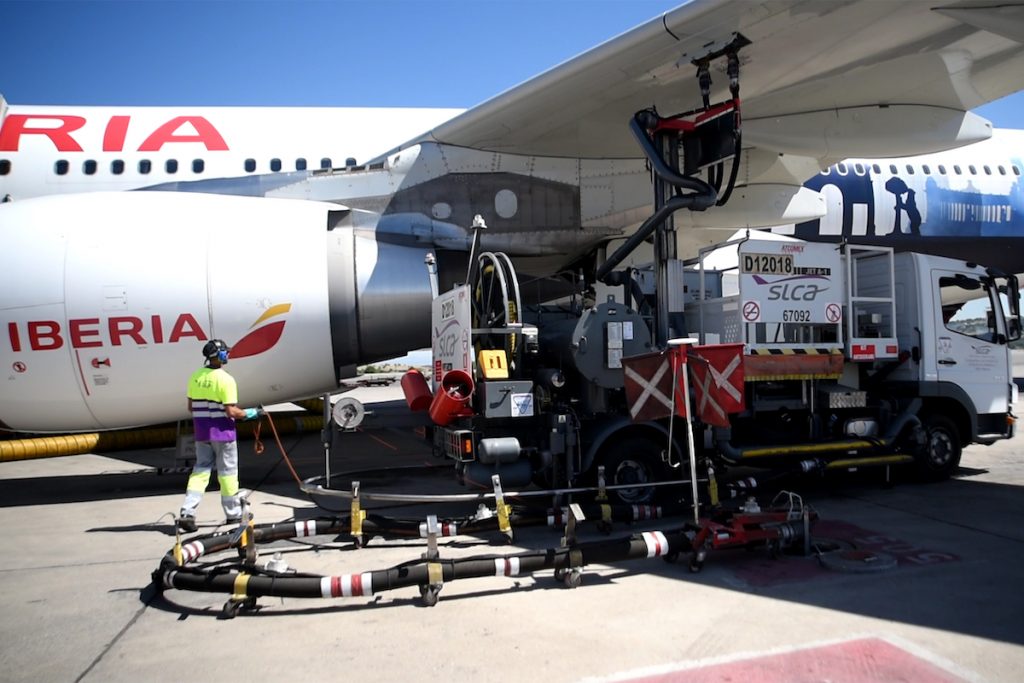The European Parliament has passed one of the first sustainable aviation fuel, or SAF, mandates that would force production of the low-carbon fuels to ramp up quickly in the coming decades.
The legislature approved what are known as the “ReFuelEU Aviation” standards Thursday that lay out a rapid ramp up in SAF adoption in five-year increments through 2050. In just three years, 2 percent of all aviation fuel in the bloc will need to be SAF, with the percentage rising to 85 percent by 2050.
In a win for environmental groups, the parliament approved higher mandates than most airlines wanted. SAF must make up 6 percent of all aviation fuel in Europe by 2030, with 2 percent of that coming from synthetic sources — also known as e-kerosene. Airline trade group Airlines for Europe (A4E) and many of its members had supported a 5 percent mandate by the end of the decade, while International Airlines Group backed the 6 percent requirement.

The European parliament also removed palm oil byproducts from the list of approved SAF feedstocks. Production of palm oil is notably carbon intensive.
“If we are serious about fighting climate change and de-carbonizing aviation, Europe needs to make more choices like the one we witnessed today,” advocacy group Transport & Environment Aviation Policy Officer Matteo Mirolo said in a statement. “EU lawmakers have gone a good way towards a definition of SAFs that is positive for our planet and the credibility of aviation’s green future.”
The SAF mandates, however, are not a done deal yet. They still need to be finalized across the branches of the EU government, including the parliament and European Commission, before a planned implementation target of January 2023.